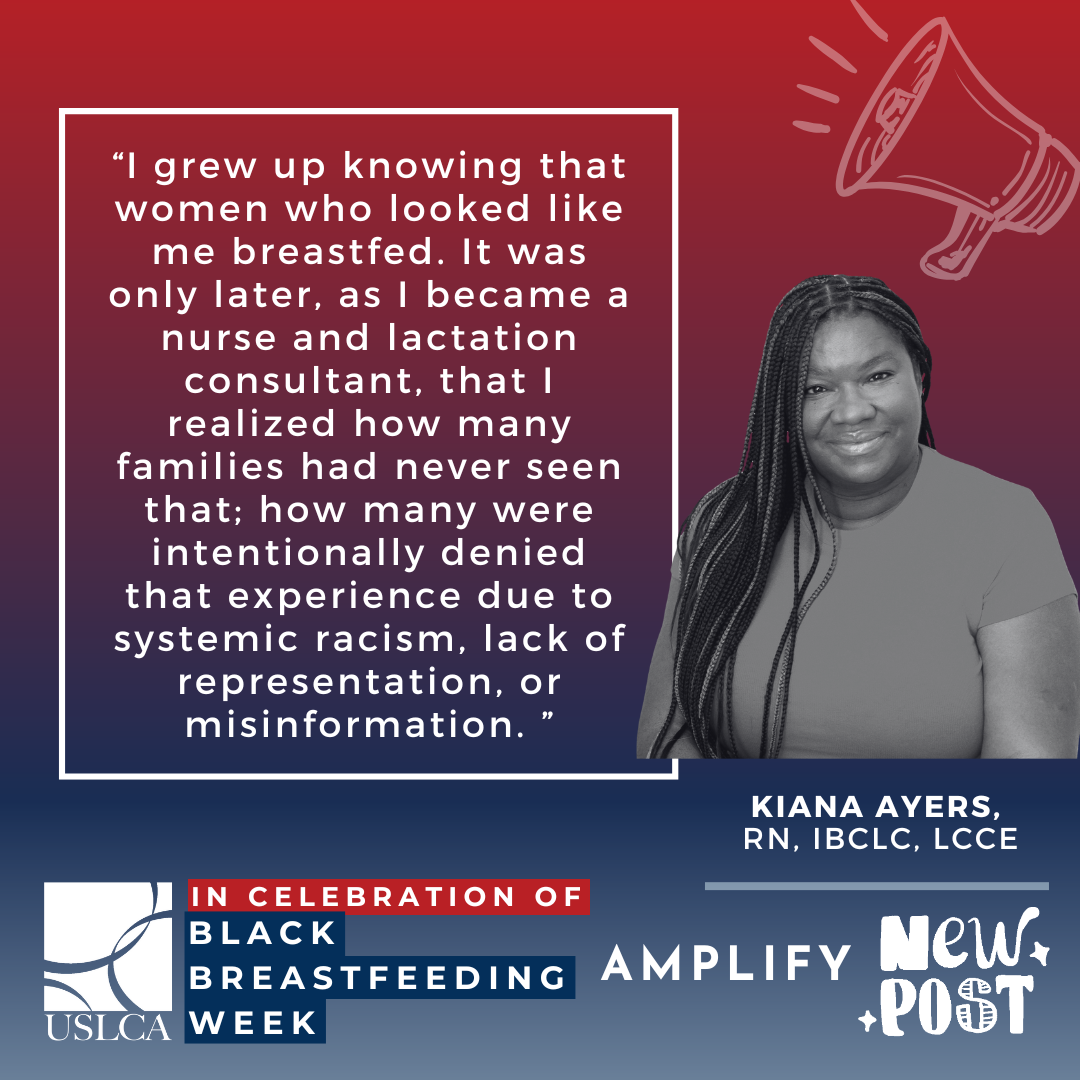By Kecia Gaither, MD, MPH, FACOG
 February is recognized as American Heart Month to bring awareness to maintaining cardiovascular health. Heart health can be affected by so many aspects of a person’s life from diet to even caring for loved ones, so this month helps people in the U.S. focus on activities to achieve better wellness. The Release the Pressure (RTP) Coalition is committed to helping Black communities nationwide improve their heart health by prioritizing self-care and putting their hearts first.
February is recognized as American Heart Month to bring awareness to maintaining cardiovascular health. Heart health can be affected by so many aspects of a person’s life from diet to even caring for loved ones, so this month helps people in the U.S. focus on activities to achieve better wellness. The Release the Pressure (RTP) Coalition is committed to helping Black communities nationwide improve their heart health by prioritizing self-care and putting their hearts first.
RTP Physician Champion, Kecia Gaither, MD, MPH, FACOG, Director of Perinatal Services and Director of Maternal Fetal Medicine for New York City Health + Hospitals/Lincoln in the Bronx, is a double board-certified physician in Obstetrics and Gynecology (Ob/Gyn) and Maternal Fetal Medicine. She shares advice on how new and expecting parents can manage their heart health.
- Level Up Care for Existing Issues
Cardiovascular disease (CVD) is the leading cause of death for women. In fact, more than 50% of Black women over 20 have high blood pressure (HBP) – a precursor to CVD, but luckily, it can be prevented and resulting issues can be decreased. Developing HBP during pregnancy is common and already having HBP prior to pregnancy is becoming more common, making it even more critical to keep up with in-person check-ups before and during pregnancy. When parents are expecting though, they should seek specialists beyond their routine care visits.
A myriad array of new complications can arise during pregnancy, especially if underlying cardiovascular conditions exist. Most parents may be familiar with OB-GYNs, but it takes a village of specialists to identify, diagnose, and recommend care for a safe pregnancy before, during, and after birth. As soon as possible, expecting parents should have a consultation with a Maternal Fetal Medicine Specialist because they specialize in high-risk pregnancies. They can help in diagnosing conditions such as preeclampsia—a disease of pregnancy which occurs along a spectrum- which at its most basic is characterized by HBP, swelling of the hands, or protein in the urine. Underlying co-morbid medical conditions are often an indicator that new parents should make lifestyle changes and a Maternal Fetal Medicine Specialist can help with those recommendations.
With preexisting cardiovascular conditions, new parents should also enlist the care of a Cardiologist. They can help determine what type of cardiac disease or lesion that may exist in conjunction with underlying issues. If cardiac lesions exist, there is a 2 – 3% incidence that the baby will have the same condition, but knowledge can be a powerful tool for parents and their care team. If such a history exists in the pregnant patient, recommendations are given for a fetal echocardiogram to be had; this test evaluates the structure and function of the fetal heart. For the patient, recommendations will be given for them to have, at the least, an EKG, and an echocardiogram to give an indication as to the status and functionality of her heart. After this assessment, the appropriate level of exercise can be endorsed in addition to a diet that most likely consists of eliminating sodium and other unnecessary culprits.
- Boost the Diet
Through the years, obesity has become more prevalent among new parents, which increases the risk for developing HBP and type 2 diabetes. The strongest link to this condition is diet because some of the ingredients in food today such as high fructose corn syrup and sodium are at unprecedented levels – in fact, 9 out of 10 Americans consume too much salt. In addition to consulting with physicians, new parents should seek consultation from a nutritionist. They will help assess their current diet and habits to recommend eliminating foods with little to no nutritional value such as soda or indulgent desserts. They will also recommend adding more healthy alternatives such as foods less processed and where to purchase them for easier access.
Expecting parents should consult with their care team about the appropriate vitamins to boost their food intake as they can run diagnostics to identify any deficiencies. Vitamin D is important for a healthy pregnancy, especially with people of color who are prone to be deficient. Vitamin D is made in the skin in conjunction with sunlight; the melanin in the skin prevents adequate production of the vitamin. Vitamin D helps with BP regulation, mentation, bone development, cardiovascular health, increases immunological competence, and decreases the risk of pre-term labor. Other immunity boosting ingredients that are easy to include in prepared meals include garlic, onions, and turmeric. Here are some hassle-free tips for helping new parents and families take the stress out of meal prep.
- Take a Climb Up the Family Tree and Get Moving
Knowing family medical history can be a game changer for heart health during pregnancy and help new parents take immediate action. If there are known conditions for relatives such as type 2 diabetes, hypertension, a congenital cardiac lesion, or preeclampsia, it increases the chances of encountering similar issues. Knowledge of family medical history may also help identify potential medical predispositions of babies after birth. Many of these conditions can be prevented though with the appropriate diagnosis and following guidelines recommended by their provider.
Staying active is essential to preventing some of these conditions. Many people fall into a routine of being sedentary – whether it’s due to their working environment or physical changes, but some type of activity is better than none. These activities can even include less of a focus on cardio such as lifting weights, resistance training, or practicing novice yoga. If capable, planning and committing to daily walks is one activity that is usually simple for those needing to incorporate more activity. New parents also appreciate recommendations because many situations can be unique. Check out how the RTP collaborator GirlTrek is reaping social and physical benefits by staying active daily.
- Recharge the System by Releasing the Pressure
Encourage new parents to put themselves first and take time for self-care. Some parents believe that they must carry all the weight of their family’s burdens, but continued stress can have hidden health determinants to the body and to their household. Stress induces many physiologic changes in the body – most of it related to the effects of sustained cortisol release in the body. This can be harmful during pregnancy because cortisol can decrease immunological functions and increase the risk of infection and pre-term labor. Stress can also cause vascular changes in the body that can increase the risk of hemorrhaging during birth.
It’s critical for new parents to make time and reinvest in things they’ve cherished before becoming parents or by finding new hobbies, whether it’s aromatherapy, taking a bubble bath, getting a massage, calling friends, or buying that new pair of shoes to look forward to wearing after the pregnancy (or before delivery depending on the occasion!). The sooner that new parents can understand that they don’t need to feel guilty for doing things that are important to them, the sooner they can be more effective caregivers for their family. Encourage them to try one of these 10 stress reduction activities.
One easy way to prioritize self-care is by joining the RTP movement and taking the RTP Heart Health Pledge. Once they do, the RTP Heart Health Squad will support new parents – and all people – in protecting their mental health and overall well-being with tailored resources and heart health content to help become their healthiest, happiest selves
About Release the Pressure
The national Release the Pressure (RTP) movement is bringing together thousands of Black women from across America — reminding them to make self-care a priority by taking the RTP Heart Health Pledge. RTP was founded in May 2020 by a diverse coalition of health care organizations and heart health experts – the American Medical Association (AMA), AMA Foundation, American Heart Association, Association of Black Cardiologists, National Medical Association and Minority Health Institute – who are dedicated to partnering with the Black community to improve heart health. Join the movement and take the pledge at ReleasethePressure.org.
About the Author: Kecia Gaither, MD, MPH, FACOG, is a double board-certified physician in Ob/Gyn and Maternal Fetal Medicine and holds a master’s degree in Public Health. A perinatal consultant and women’s’ health expert, Gaither’s expertise is grounded in both research and her professional experience in caring for women with multiple medical/surgical/fetal conditions in pregnancy. In her current role, Dr Gaither serves as the Director of Perinatal Services/Director of Maternal Fetal Medicine for NYC Health+ Hospitals/Lincoln in the Bronx. Dr Gaither additionally is an Associate Professor of Clinical Obstetrics and Gynecology with Cornell Weill Medicine.
A Harlem native, Gaither’s mission as a medical professional is to offer exemplary prenatal care to all women, regardless of circumstance. Dr Gaither regularly lends her commentary and expertise on issues pertaining to women’s’ health and pregnancy. With her foray into social media, Dr Gaithers’ combined perspective as a maternal child specialist and public health proponent has allowed her to reach millions via her Twitter feed– @KeciaGaitherMD and her website: www.keciagaither.com.



